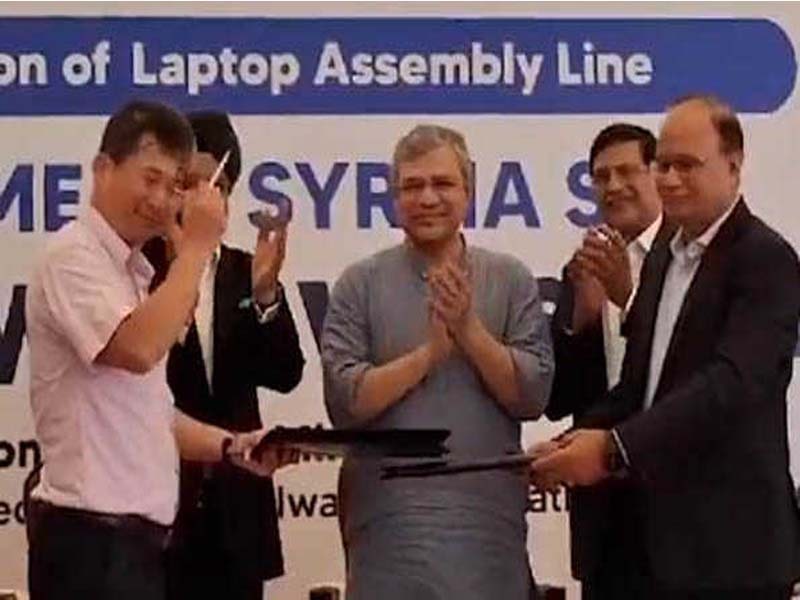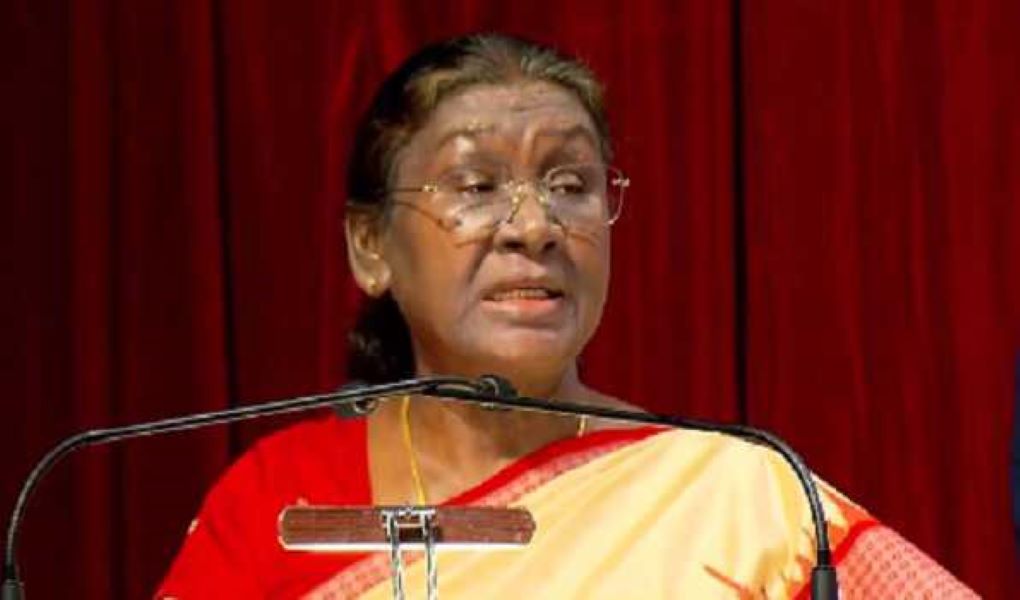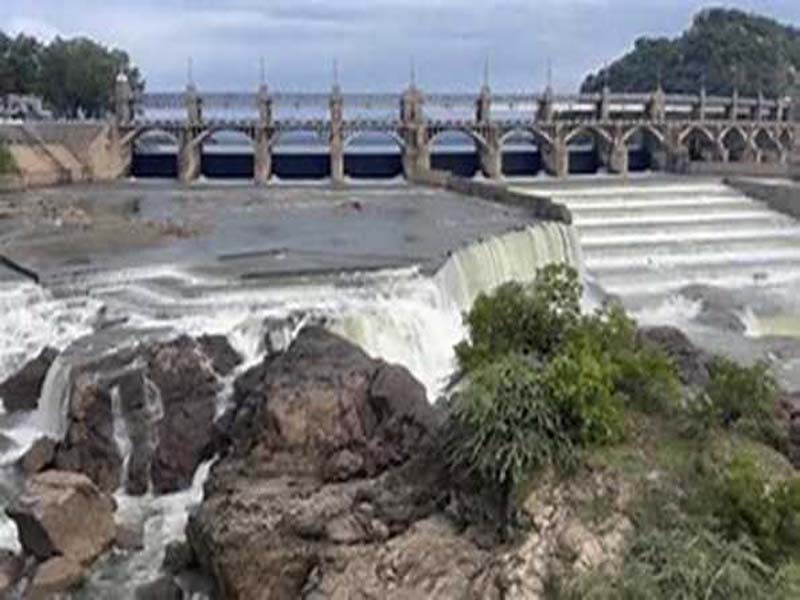Kerala CM to release documentary on ‘Guru Vagbhatanandan’ on Thursday
Thiruvananthapuram, Oct 27 : Kerala Chief Minister Pinarayi Vijayan will release documentary film ‘Vagbhatananda Gurudevan – Navodhanathinte Arunodayakahalam’ (The Herald of the Dawn of the Renaissance) produced by Uralungal Labour Contract Cooperative Society (ULCCS), here on Thursday.
Written and directed by former Kerala Chief Secretary K Jayakumar, the documentary narrates the unique, unforgettable and exciting life of Guru Vagbhatanandan, a glorious name in the history of Kerala Renaissance.
After the inauguration, it is expected that the Chief Minister will stay to watch the documentary at the Kalabhavan Theatre.
The film reveals Guru’s unique personality, which has evolved from being a spiritual teacher to a social reformer and a renaissance leader, by applying the spiritual vision of ‘I am Brahmam, you are the same, so there is no two but only one’ in the material and social life.
Guru Vagbhatanandan was born as Kunjikannan on April 27, 1885, the son of Vayaleri Cheeruvamma of Patyam, North Malabar, and Koran Gurikal, a Sanskrit scholar, poet and progressive thinker in Thenankandi, Vazhavalappil.
Vayaleri Kunjikannan Gurikal, who possessed unmatched oratory skills, once preached about his ‘Moksha Pradeepa’ at a venue in Kozhikode when he was young.
Bhrahmananda Sivayogi, who was mesmerized by his oratory, named him Vagbhatanandan through an apt sloka.
The ‘Atmavidyasangam’ Spiritual Society formed by him for the spread of spiritual philosophy and the activities based on it was largely focused on social reformation work.
The life of the Guru was a struggle against the social conditions that caused division, such as caste, as the principle of oneness rejects all such distinctions.
Vagbhatanandan, who called for non-caste ‘preethi-vivaha (marriage through love)’ and ‘preethi-bhojana (eat with love)’, unleashed a storm of change in North Malabar.
He unequivocally opposed any form of untouchability. He opposed the degrading treatment of women, untouchability in the name of death, and superstitions.
His followers literally carried out his calls for women to attend ceremonies wearing upper-body clothes, which were not allowed to be worn by those who were considered lower castes.
It was a courageous revolution that uplifted the dignity of women. His ‘Prathimochaatanam (disposing with idols)’, exposing the futility of idolatry, was another revolution.
All this disturbed the caste hegemony, and the landlords in the village of Karaikkadu near Kozhikode Vadakara, the birthplace of the Atmavidyasangham, imposed penalities on the Atmavidyasangham workers by denying them jobs, education, loans and livelihood.
The Atmavidyasangham dealt with it by forming its own school, the United Credit Co-operative to meet loan demands, and the Uralungal Labourers’ Mutual Aid and Co-operative Society for employment.
All these institutions have flourished over the century and still radiate that dynamism today. Among them, the daily-wage labourers’ co-operative has grown to become known to the world as the ‘Uralungal Labour Contract Cooperative Society’, one of the largest labour contract co-operatives in Asia, making significant contributions to nation building.
Vagbhatananda Guru’s remarkable speech and interview with Narayana Guru at the conference presided over by Sree Narayana Guru at Aluva on May 14, 1914 is a proclamation of his philosophical wisdom.
Sree Narayana Guru’s position on the issue of idol worship and the universality of the right to enlightenment was influenced by the brilliant thoughts of that philosophical master.
It is part of history that Guru Vagbhatanandan, who abandoned kashayam (the garb of spiritual leaders) after being misunderstood as a spiritual master by a scholar, was even willing to attend a strike by labourers.
He attained samadhi on 29 October 1939.
This documentary is an attempt to introduce Guru Vagbhatanandan, who has not received the recognition he deserves in the history of Kerala, to the world.
The content of the documentary extends beyond the Guru’s writings, books, essays and memoirs depicting his life and philosophy, and speaks at length to historians, senior activists of the Atmavidyasangham and the older generation in and around Karaikkadu.
The documentary is co-directed by Ajay Sivaram, cinematography is by C. R. Prathapan and Suraj Rajendran is the Editor. Professor Aliyar, Rajashree Warrier, Sreekumar Mukhathala and Girish Puliyoor have provided the narration.
The songs of the documentary, sung by Kavalam Sreekumar and Kallara Gopan are composed by Kallara Gopan. Background music is by O.S. Sunilkumar, Sound Mixing by N. Harikumar, Sound Design by Mithun Rishan and the Music Recording is by Ani M. Arjun. Bhattathiri, Alice Mahamudra, Hari Varma and Mahesh Nambiar have done the illustrations for the documentary. Outdoor shooting is done at Chithranjali, Studio is at Shree Movies and the Coloring by Vista VFX.(UNI)





